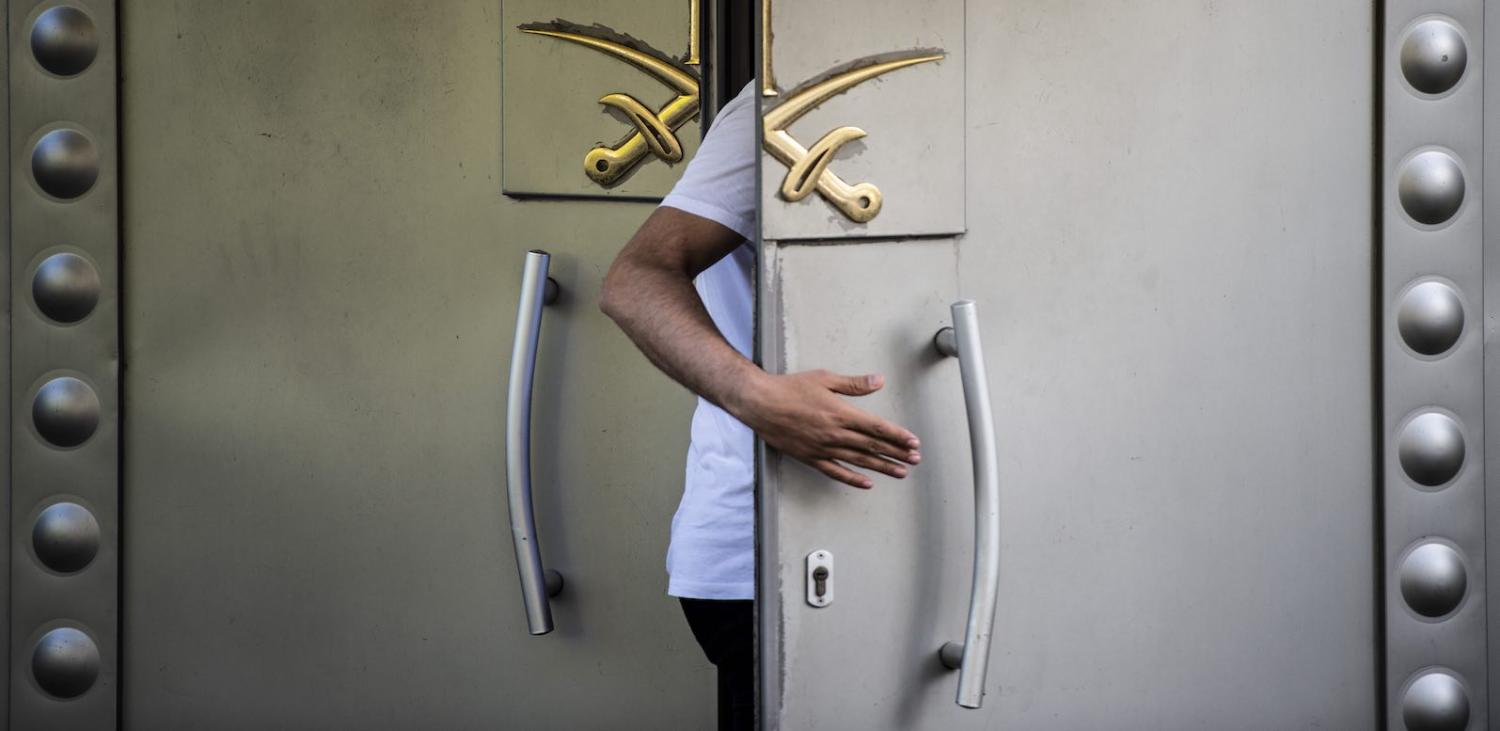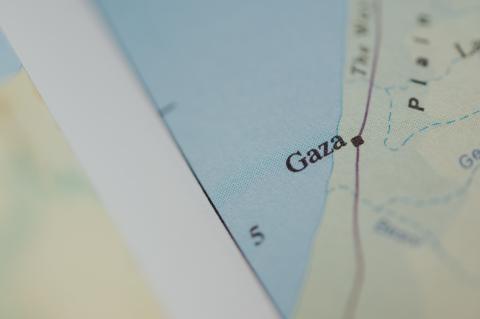Even by the standards of Saudi politics, the disappearance of Washington Post journalist Jamal Khashoggi is head-scratchingly bizarre. He entered the Saudi consulate in Istanbul last Tuesday, supposedly to sort out paperwork for his upcoming marriage. He hasn’t been seen since.
The Saudi consul-general gave a tour of the consulate to a Reuters journalist to prove that Khashoggi was not there, while at the same time asserting that their security surveillance had no recording facilities.
The more Riyadh’s heavy-handed approach to dissent is made public, the more difficult it will be to convince foreign companies that modern Saudi Arabia is worth the risk.
Rumours about Khashoggi’s fate have abounded since, from claims that he has been abducted by Saudi authorities, to grisly claims that he has been killed, or even killed and dismembered.
Regardless of what actually occurred, unless it is resolved and Khashoggi is located, then this incident has potentially severe repercussions for Saudi Arabia on any number of fronts.
There are already tensions with Turkey over Riyadh and Ankara being on opposite sides of the Saudi dispute with Qatar.
And while Washington and Riyadh are in lock step in demonising Iran as a rogue state, the actions of Saudi Arabia locking up domestic critics and getting in a diplomatic stoush with Canada in the process, detaining and forcing the public resignation of the Lebanese prime minister, and instituting a poorly-planned and seemingly never-ending military intervention in Yemen, all call into question the reliability of Riyadh as a valuable partner under the present leadership.
If Khashoggi has been detained (or worse), then the action taken against a US-based journalist and Saudi citizen with many admirers in the West will likely impact most on Crown Prince Muhammad bin Salman, who has been the beneficiary of much positive press in the US as a putative modernist Saudi reformer.
His bold plans for future economic reforms to cement his support from the population will require much in the way of foreign investment and expertise from the West. And he also requires strong political backing from the White House.
But the more Riyadh’s heavy-handed approach to dissent is made public (and the Washington Post will make sure Khashoggi remains a cause celebre), the more difficult it will be to convince foreign companies that modern Saudi Arabia is worth the risk, even if the White House is likely to be far less judgmental.

